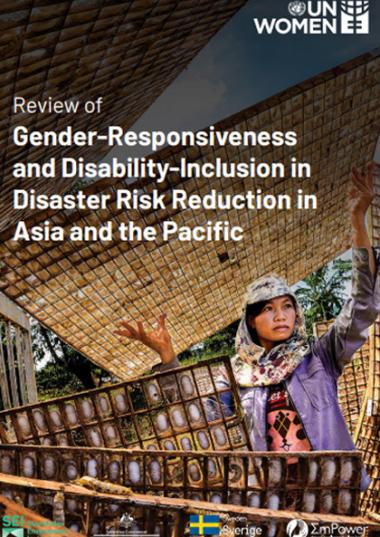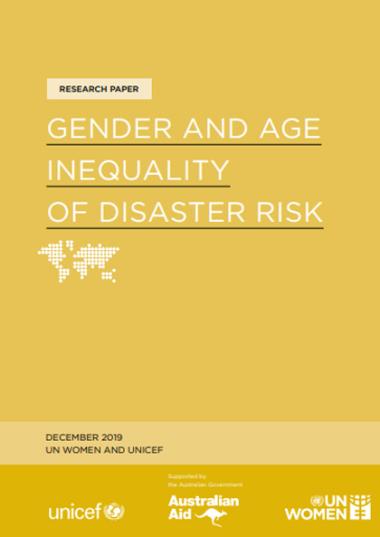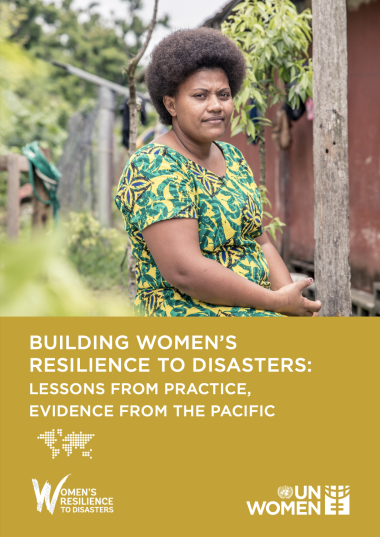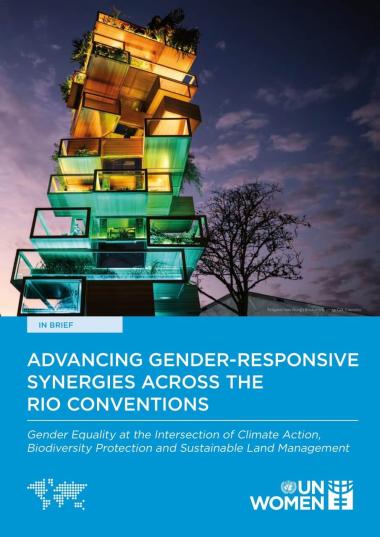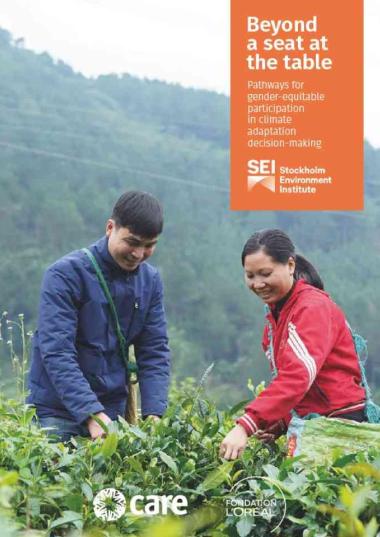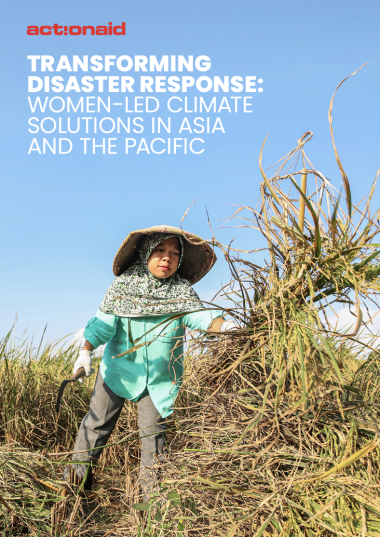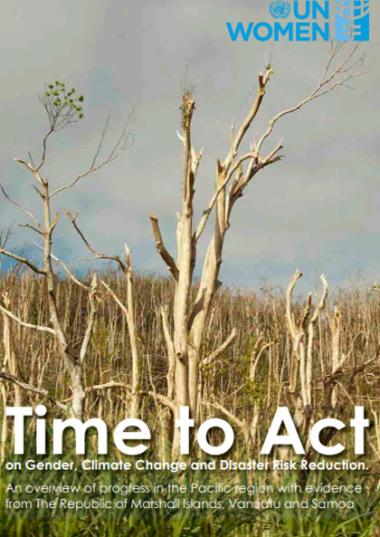
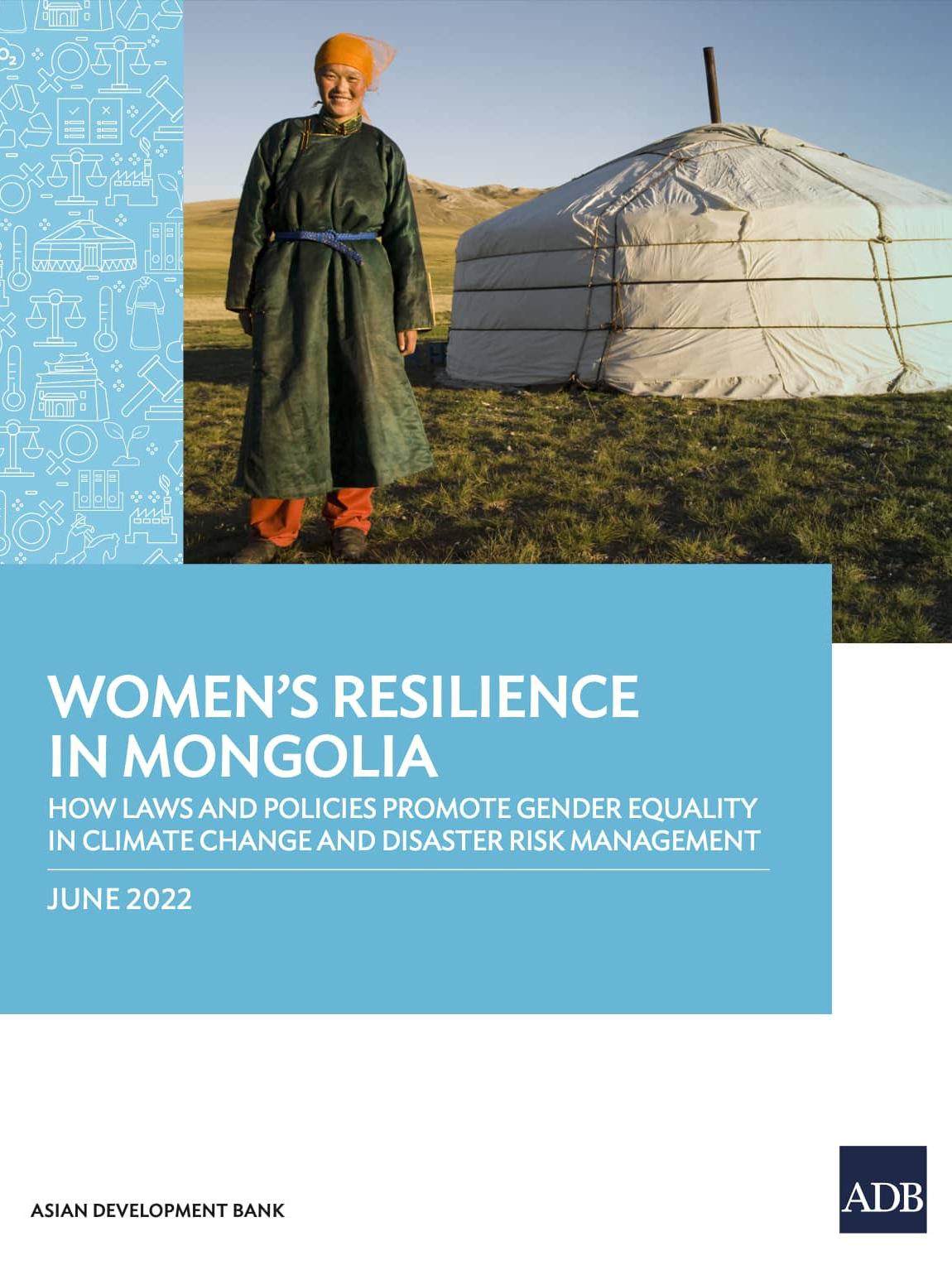
Women’s resilience in Mongolia: How laws and policies promote gender equality in climate change and disaster risk management
June 2022
This report provides a gender analysis of national laws and policies in Mongolia to inform efforts to strengthen women's resilience to climate change and disasters. Mongolia has a strong capacity for sustainable development due to its highly-skilled, educated, and resilient population and wealth of natural resources. It also faces significant sustainability and environmental challenges that are amplified by climate change. The harsh climate, substantial natural hazards, and unique geography are compounded by rapid growth that relies on coal-based energy and the dominant economic sectors of mining and pastoralism that both also contribute to ecological challenges. Coal remains the primary energy source and energy demand is increasing with economic and population growth. Air pollution has become a major issue in the growing city of Ulaanbaatar, with increasing vehicle traffic and nearby coal-fired power stations that contribute to both greenhouse gas (GHG) emissions and pollutants. This creates tension between climate change commitments under the Paris Agreement, economic growth targets, and significant social and health concerns, particularly for women and children.
The report presents findings of a gender analysis of national legal and policy frameworks of Mongolia and discusses whether laws, policies, and strategies consider gender inequalities as they relate to climate and disaster risk management. It includes recommendations to address gaps in sector laws and policies affecting women's resilience to climate change and disasters in Mongolia.
